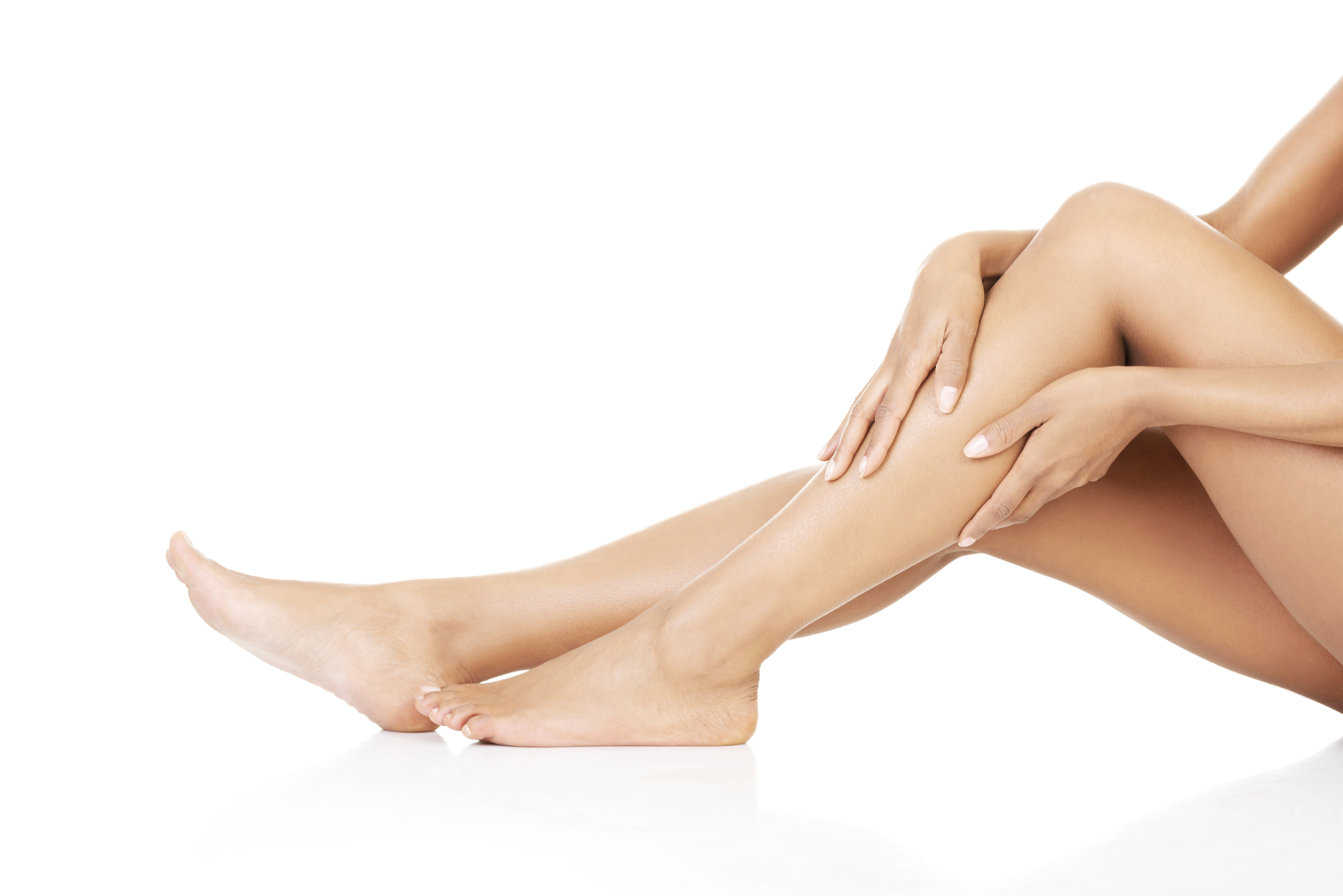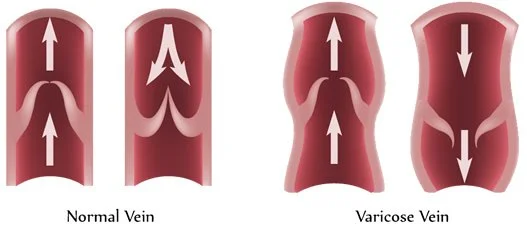

Varicose Veins & Spider Veins
√ One-stop Vascular Clinic
√ Patient-centered approach
√ 20+ Years of dedication & expertise
√ Dedicated support for insurance claims
√ Specialized in Minimally invasive procedures
√ Specialized in treatment of complex vein & arteries condition
Appointments : (65) 6475 1002
Varicose Veins & Spider Veins
√ One-stop Vascular Clinic
√ Patient-centered approach
√ 20+ Years of dedication & expertise
√ Dedicated support for insurance claims
√ Specialized in Minimally invasive procedures
√ Specialized in treatment of complex vein & arteries condition
Appointments : (65) 6475 1002
VARICOSE VEINS
Varicose veins are enlarged, superficial tortuous veins that appear on the legs. Varicose veins are quite common and affect up to 25-40% of all females.
Varicose Veins
CAUSES
Risk factors for varicose veins are age, family history and pregnancy whereas obesity, prolonged standing, trauma and infection have all been known to make varicose veins worse.

Veins should return blood from the legs to the heart and usually there are one-way valves that prevent the blood from flowing backwards. These one-way valves are located throughout the length of the inside of these veins.
When these valves become “faulty or damaged”, they are called incompetent valves and the blood now flows in both directions (reflux) thereby causing pooling. This condition is called venous insufficiency. This pooling of blood in the leg veins over a period of time causes the veins to bulge and protrude from the skin surface.
SYMPTOMS AND PREVENTION
Some patients have no symptoms whilst others may experience:
- Bleeding
- Calf aches
- Calf heaviness
- Discolouration of the skin
- Ezcema
- Hardening of the skin
- Itching
- Nocturnal calf cramps
- Swelling of the legs
- Thrombophebitis
- Ulcer formation
PREVENTION
Whilst it is difficult to prevent the onset of varicose veins, certain actions can be taken to reduce the severity of these varicose veins.
- Avoid prolonged standing
- Avoid wearing high heels
- Do not cross your legs
- Elevate legs when possible
- Regular exercise especially brisk walking, jogging
- Support stockings
- Weight management
DIAGNOSIS AND TREATMENT
DUPLEX ULTRASOUND
Before treatment can be instituted, a duplex ultrasound should be performed. The ultrasound will be performed by our surgeon. It is performed to determine the exact pattern of abnormal blood flow ( reflux) and the location of the abnormal or “faulty” valves.
Treatment for varicose veins is targeted at the superficial leg veins or the long saphenous vein. It is important that the deep leg veins are assessed before treatment to ensure they are normal.
The duplex ultrasound is performed in the clinic with conduction gel, there is no downtime, no pain or needles.
The results of the scan are immediate and with this result, the best treatment plan can be tailored for each individual patient.
TREATMENT
SPIDER VEINS
Spider veins are unsightly red/blue or purple sunburst or web patterns made by small veins. They can appear on the face, arms or legs and are located just below the skin surface. Up to 40% of all females are affected by spider veins and some of these spider veins may be associated with varicose veins.
Spider Veins
Causes
The cause of spider veins is unclear, for some patients it is familial whilst for others, it develops due to certain risk factors like occupation with prolonged standing, hormonal changes and pregnancy.
SYMPTOMS
Spider veins can be connected to deeper veins called reticular veins. It is important to treat these reticular veins as well in order to achieve good aesthetic results. Spider veins usually have no symptoms but some may grow larger, bleed or even cause itching.
DIAGNOSIS AND TREATMENT
TREATMENT



